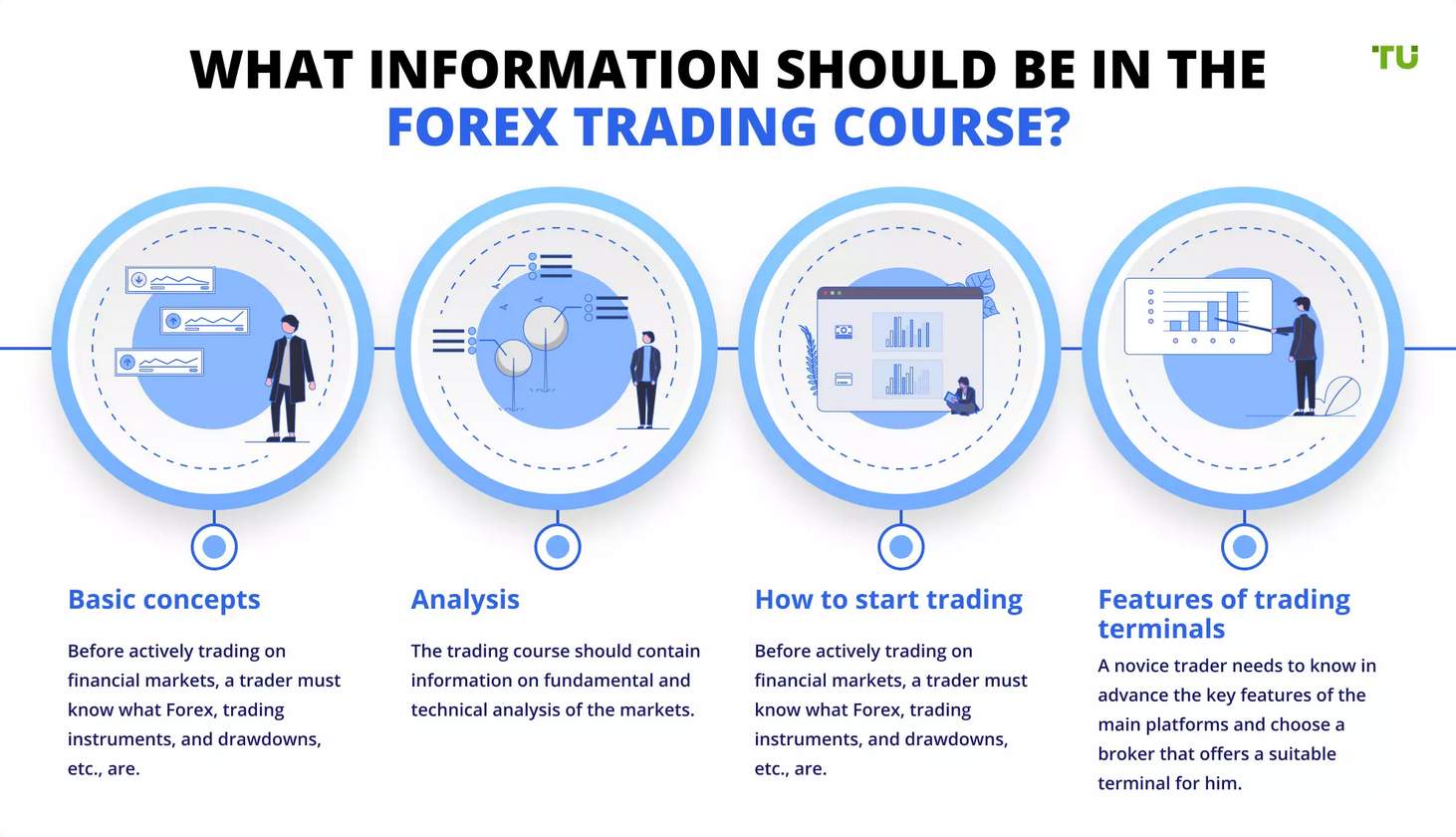Recognizing the Basics of Money Exchange in Today's Global Market
In a significantly interconnected international economic climate, grasping the principles of money exchange is important for stakeholders throughout various fields. As central financial institutions put in influence and technical innovations reshape money trading, the effects for worldwide commerce are far-ranging.
The Basics of Currency Exchange
Money exchange is an essential aspect of the international economic climate, assisting in worldwide trade and financial investment. It includes the conversion of one currency right into another and is essential for organizations, governments, and individuals who involve in cross-border deals. The currency exchange procedure occurs in the fx market (Forex), which is the biggest and most liquid economic market on the planet, operating 24 hours a day, five days a week.
At its core, money exchange is driven by supply and demand characteristics. Money are traded in sets, such as EUR/USD or GBP/JPY, and the exchange rate between them shows just how much one money is worth in terms of one more. This price varies continuously as a result of trade flows, capital movements, and other market tasks.
Participants in the Foreign exchange market variety from large banks and multinational firms to specific capitalists and visitors. Each individual might have different objectives, such as hedging against exchange price danger, hypothesizing on money activities, or assisting in worldwide acquisitions. Comprehending the essentials of money exchange is important for making educated choices in the global market, as currency exchange rate can significantly impact the cost of products and services, financial investment returns, and economic stability.
Elements Influencing Exchange Fees
Higher passion prices supply lenders far better returns loved one to various other countries, bring in more foreign resources and causing the money to appreciate. Conversely, rising cost of living prices play an essential duty; money in nations with reduced inflation prices often tend to value as acquiring power boosts relative to higher-inflation economies.
Economic development and security likewise significantly impact exchange rates. A durable economic situation attracts international financial investment, raising need for the residential currency, which leads to appreciation. Furthermore, profession equilibriums affect money worth. A nation with a significant trade surplus generally sees its money appreciate due to raised international demand for its goods and services, while a trade deficiency can deteriorate the currency.
Political stability and economic performance are crucial too; nations perceived as low-risk destinations for financial investment have a tendency to see their currencies appreciate. forex trading course. Market supposition can likewise drive exchange price variations, as traders expect future activities based upon current financial indications and geopolitical occasions. These variables jointly add to the dynamic nature of exchange rates in the worldwide market
The Role of Reserve Bank

Main financial institutions additionally engage in international exchange treatments to deal with extreme volatility or imbalances in currency exchange rate. These interventions may entail buying or offering international money to preserve a wanted currency exchange rate degree. Additionally, reserve banks hold significant forex books, which can be deployed strategically to support their currency.

Technology and Currency Trading
While central banks shape the overarching landscape of money exchange, technical improvements have actually transformed the mechanics of money trading itself. The expansion of digital platforms has equalized access to international exchange markets, enabling specific investors to participate alongside institutional capitalists. Online trading platforms, outfitted with real-time data and analytical tools, facilitate educated decision-making and have added to enhanced market liquidity.
Algorithmic trading, powered by advanced software program, has actually revolutionized the speed and efficiency of currency trading. Formulas perform trades based on predefined criteria, decreasing human intervention and decreasing the moment required to take advantage of market movements. This automation boosts accuracy in trade implementation and help in the administration of intricate trading techniques. Furthermore, the increase of man-made knowledge and equipment knowing formulas offers anticipating analytics, enabling investors to expect market patterns with higher precision.
Cryptocurrencies, underpinned by blockchain, have actually introduced a brand-new dimension to currency trading, triggering market participants to adjust to a progressing economic environment. As innovation proceeds to evolve, its impact on currency trading will likely strengthen, shaping future market dynamics - forex trading course.
Effect On Global Trade
In the interconnected landscape of worldwide trade, currency exchange plays a critical function fit financial relationships between countries. Exchange prices influence the cost of exporting items and services, look here impacting affordable placing in global click resources markets. A solid money can make a nation's exports much more costly and much less appealing on the international stage, possibly minimizing market share. On the other hand, a weak money can improve export competitiveness yet might increase the price of importing essential items, impacting trade equilibrium.
Money fluctuations can also result in economic uncertainties, complicating lasting preparation for international companies. Services typically hedge versus these threats through financial tools to maintain expenses and revenues. Exchange rates affect foreign straight financial investment (FDI) choices, as capitalists look for beneficial problems to make the most of returns, impacting funding flows throughout borders.
Furthermore, federal governments make every effort to maintain steady currency exchange rate to foster predictable trading problems, often interfering in fx markets to accomplish economic goals. Main banks might readjust rate of interest or carry out monetary plans to influence money stamina, thus affecting profession dynamics.
Verdict
A comprehensive grasp of currency exchange principles is vital for browsing the intricacies of the international market. Currency exchange rate, formed by passion prices, inflation, and economic development, are crucial in establishing money valuations. Reserve banks play a vital function in affecting these prices, while innovations in technology have changed currency trading. Understanding these components is vital for efficient monetary planning and danger monitoring, as currency changes substantially influence worldwide profession and investment approaches in an interconnected economic setting.